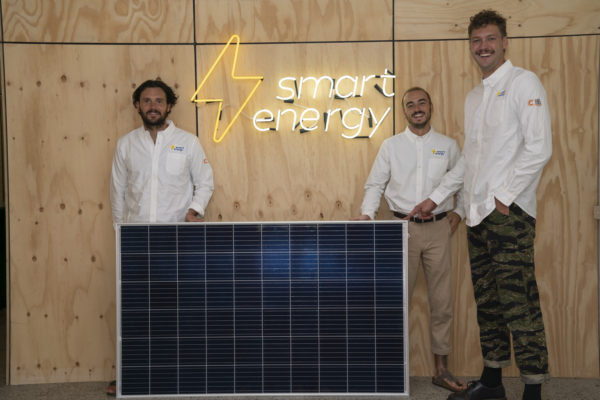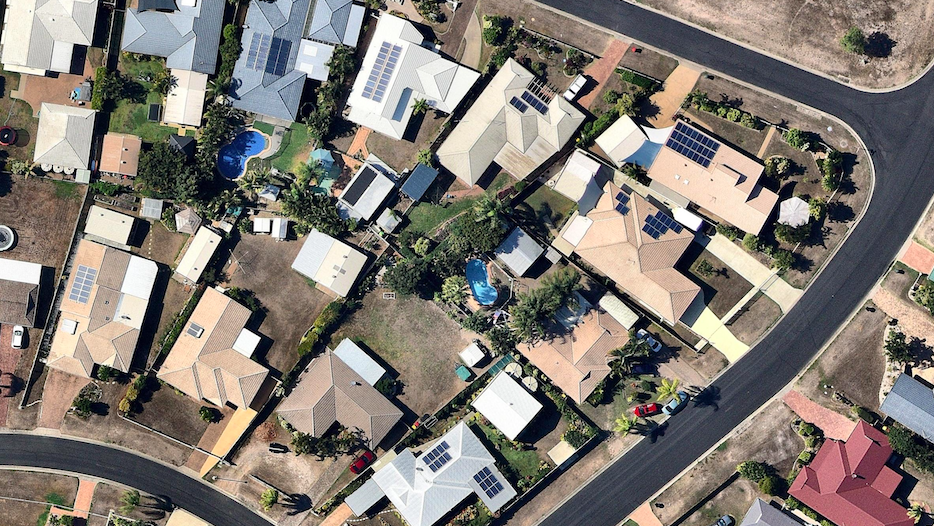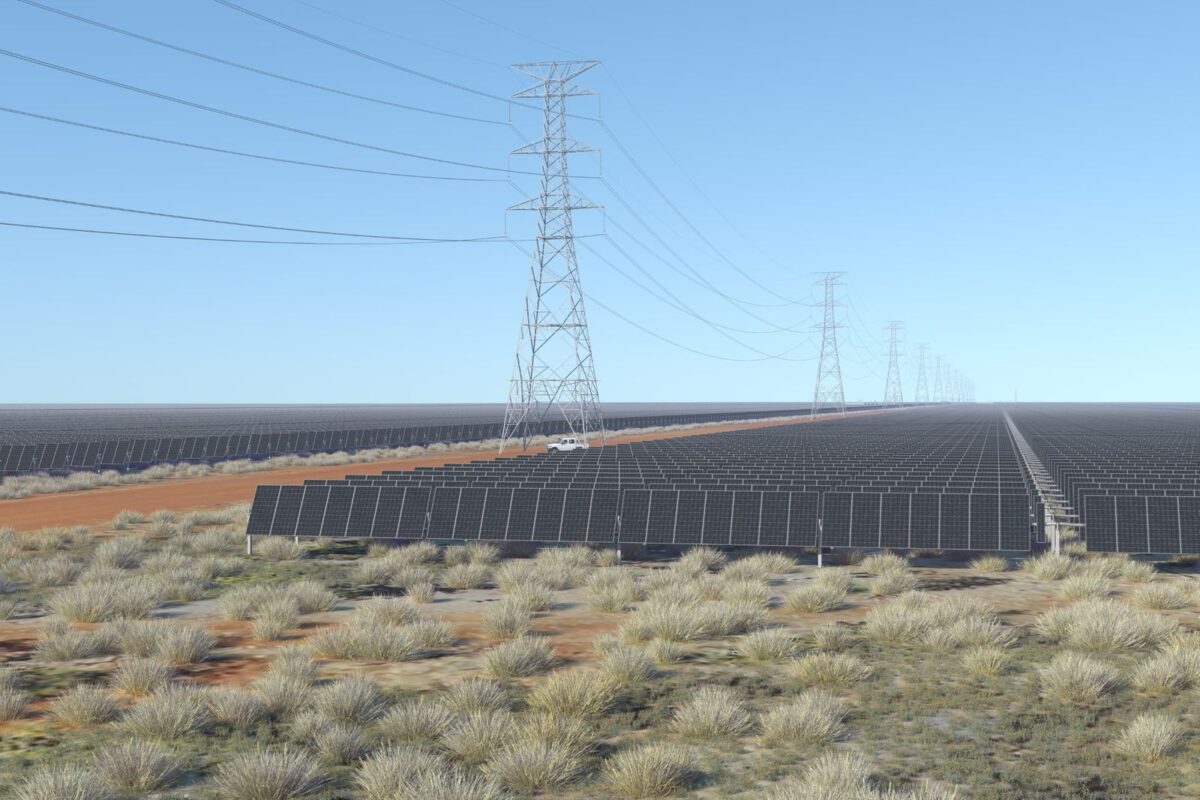Solar retailer Smart Energy has welcomed the Morrison Government’s allocation of $1.8 billion in the 2021-22 Budget for energy and emissions reduction initiatives, but has criticised the decision to ignore the rooftop solar PV sector with much of the funding dedicated to the government’s ‘gas-led recovery’.
Rooftop solar PV has been one of the great success stories for Australia’s renewable energy sector. Data provided by the Clean Energy Council (CEC) shows a record 378,451 systems totalling more than 3 GW of new small-scale capacity was installed across the country in 2021.
Renewable energy generation now accounts for 27.7% of Australia’s electricity supply and much of that is due to rooftop solar PV with the more than 2.5 million systems installed across Australia responsible for 23.5% of that generation total.
Despite the record rollout of rooftop solar, Smart Energy co-founder and director Beau Savage said the small-scale solar PV industry could still be improved and that it had been ignored in the Budget.
“Whenever more funding is put into trying to achieve the net zero target, I’m going to think it’s a good thing, but I would love to have seen a big push for home batteries,” he said.
While more than 378,000 rooftop solar PV systems were installed across the country last year, only 23,796 small-scale batteries with a combined capacity of 238 MWh were installed by Australian households in 2020.
Savage said many customers were holding off on installing batteries due to financial concerns with doubts about rebates featuring prominently in discussions.
“One of the big considerations for people when buying a battery, and solar, is how long is it going to take to get the money back,” he said.
“It’s never really been financially viable with ROI (return on investment) and more needs to be done to make it more appealing.”
Established in Byron Bay in Northern New South Wales in 2016, Smart Energy has emerged as one of Australia’s leading solar retailers with a focus on residential installs. In recent months the company has enjoyed strong growth with an average of 400 rooftop solar PV installs per month.
“Since the start of the year we have installed just over 10,000 kW,” Savage said.
“On average, we’ve done 400 solar installs per month but very few have batteries. We’re doing an average of about 20 a month.
“People are waiting until batteries are at the right price or there is some certainty with rebates before they put a battery in.”

Image - Smart Energy
Savage said he expects the Australian Energy Market Commission’s (AEMC) recently released draft determination proposing a rule change which will allow rooftop solar owners to be charged for exporting solar energy into the grid will generate increased interest in energy storage systems.
“Thinking of charging people to export power to the grid is absolutely ludicrous,” he said.
“Instead of doing that, why not just put some of this money into assisting the grid by helping people get batteries?
“The way these battery programs have been sold to us as the retailers, is that they will help support the grid so it would be nice to see some money in the budget go into that.
“The government needs to do some heavy work on that.”
Many states and territories currently offer battery rebates. In Victoria, solar battery rebates will maintain their current value of up to $4,174 until June 30, 2021 while residents in the Australian Capital Territory can access a rebate of up to $825 per kW. South Australian residents can access rebates of up to $4000 for their solar battery while the NSW government does not provide a rebate, offering instead an interest-free loan program for those interested in purchasing solar batteries.
Easy target for critics
Meanwhile the criticism of the 2021-22 Budget continues with Global Compact Network Australia (GCNA) executive director Kylie Porter called on the government to match the ambitions of the likes of the United States and the United Kingdom and invest in renewable energy and emission reduction technologies.
“We recognise the challenges posed for both government and business in a swift and unplanned transition to clean energy,” Porter said in a statement.
“However, the focus of the budget allocation towards gas is not a long-term sustainable energy source.”
“As a country, Australia needs to continue to invest in renewable energy systems to ensure an inclusive and sustainable economy that provides clean and affordable energy for all households, including areas of lower socio-economic status.”
This content is protected by copyright and may not be reused. If you want to cooperate with us and would like to reuse some of our content, please contact: editors@pv-magazine.com.









1 comment
By submitting this form you agree to pv magazine using your data for the purposes of publishing your comment.
Your personal data will only be disclosed or otherwise transmitted to third parties for the purposes of spam filtering or if this is necessary for technical maintenance of the website. Any other transfer to third parties will not take place unless this is justified on the basis of applicable data protection regulations or if pv magazine is legally obliged to do so.
You may revoke this consent at any time with effect for the future, in which case your personal data will be deleted immediately. Otherwise, your data will be deleted if pv magazine has processed your request or the purpose of data storage is fulfilled.
Further information on data privacy can be found in our Data Protection Policy.